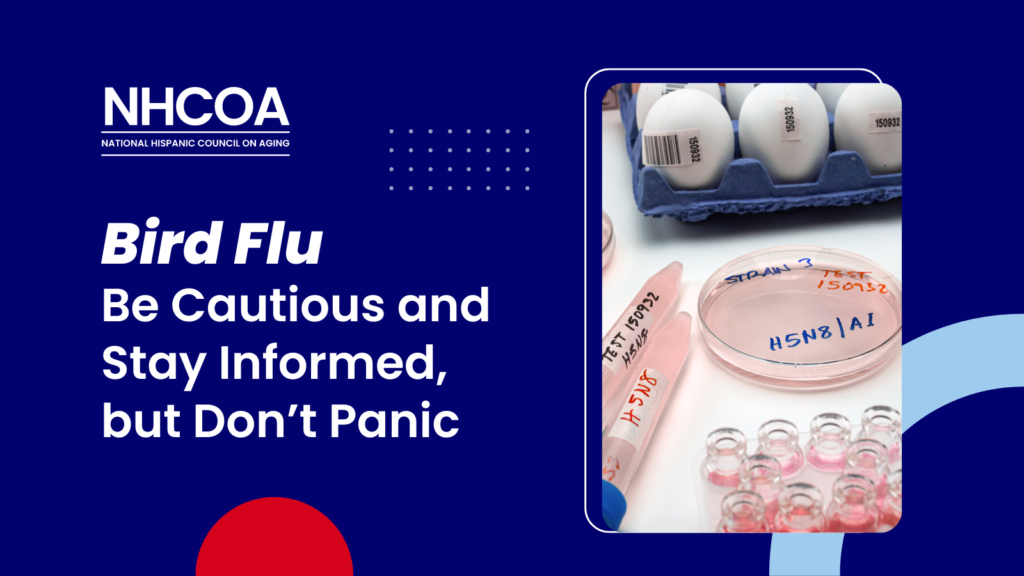
On April 1st, 2024, a man in Texas was confirmed to have tested positive for highly pathogenic avian influenza, otherwise known as “bird flu.” He is presumed to have contracted it from an infected cow, as the illness has been reported amongst various dairy cattle herds in multiple states, including Texas, New Mexico, North Carolina, South Dakota, and Michigan. The only symptom this Texas man experienced was eye redness, or conjunctivitis as it’s formally known. The last known human case of bird flu was a man in Colorado, 2022, when he was exposed to infected poultry as part of depopulating efforts to cull the infected livestock.
Specifically, the type Bird Flu seen in US livestock right now, is known as H5N1 and is one of two variants that have been known to infect humans, the other variant being H7N9. However even these two variants have only been known to infect humans on rare occurrences.
In the last few weeks, there’s been greater media coverage of bird flu, and the tracking of the infected livestock. However aside from this one case in Texas, there are not any other reported cases in the United States. Bird flu amongst livestock is not an uncommon occurrence, and you shouldn’t fear contracting it until such a time where more wide-spread cases are being reported, making it a more viral concern.
If you or someone you know works with livestock like poultry or dairy cattle, the CDC does have a list of recommended preventative measures to take:
- Avoid contact with sick or dead animals, including poultry, domesticated birds, and other domesticated animals (like cattle).
- Avoid contact with raw milk, feces, litter, or materials contaminated by infected animals.
- Avoid eating uncooked or undercooked foods that can be traced back to infected livestock, like unpasteurized milk or cheeses made from unpasteurized milk.
If you are not exposed to any contaminated livestock, you do not need to worry about food contamination from commercial sources. The Federal Food and Drug Administration (FDA) confirms that there is no fear of contamination among commercial sources at this time. There are checks and balances in place, which require dairy farms to only send milk from confirmed healthy animals.
If you’re interested in the latest news on Influenza, including Avian Influenza, in the U.S. and around the world, the Centers for Disease Control (CDC) has a regularly updated page with the latest confirmed news here. The US Department of Agriculture (USDA) is also actively tracking the presence of Avian Influenza as it occurs in livestock, here.

Recent Comments